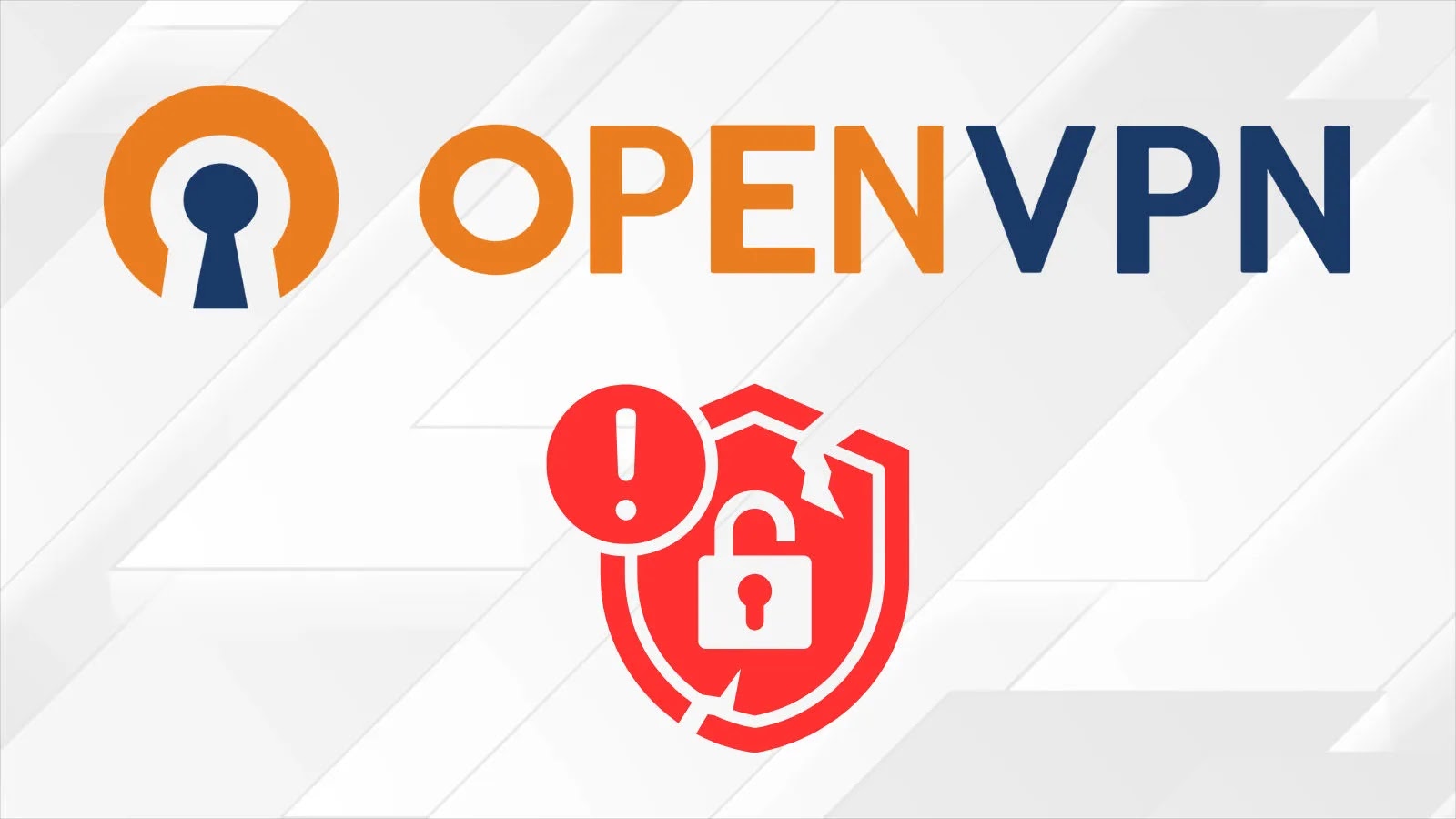
OpenVPN Vulnerability Exposes Linux, macOS Systems to Script Injection Attacks
The digital landscape often lulls us into a false sense of security, particularly when relying on established tools for crucial tasks like secure communication. Recently, a significant vulnerability has cast a shadow over certain versions of OpenVPN, a cornerstone for countless VPN connections. This flaw, if exploited, could allow malicious OpenVPN servers to execute arbitrary commands on client machines, posing a critical risk to systems running Linux, macOS, and other POSIX-based operating systems.
For organizations and individuals alike who depend on OpenVPN for safeguarding their network traffic and maintaining data integrity, understanding and addressing this vulnerability is paramount. Let’s delve into the specifics of this script injection threat and outline the necessary steps to secure your environment.
Understanding the OpenVPN Script Injection Vulnerability
This particular OpenVPN vulnerability affects releases ranging from 2.7_alpha1 to 2.7_beta1. The core of the problem lies in the insufficient sanitization of specific options: --dns and --dhcp-option. These options, when improperly handled, can be manipulated by a malicious OpenVPN server to inject and execute arbitrary scripts on the connecting client’s machine.
The impact of a successful script injection attack is severe. An attacker could potentially gain full control over the client system, stealing sensitive data, installing malware, or using the compromised machine as a pivot point for further attacks within a network. This makes the vulnerability particularly concerning for users of POSIX-based systems, including popular distributions of Linux, macOS, and various BSD variants, which are widely used by developers, IT professionals, and businesses.
This vulnerability has been officially cataloged as CVE-2023-46849, indicating its significance and the need for immediate attention.
Impact on Linux and macOS Systems
The prominence of Linux and macOS in development, server administration, and everyday computing makes this OpenVPN script injection vulnerability a broad concern. For Linux users, a compromised OpenVPN client could lead to unauthorized root access, arbitrary code execution, and complete system takeover. Similarly, macOS users face risks of data theft, surveillance, and the installation of persistent malicious software. Enterprises using OpenVPN for remote access or site-to-site connectivity could see their internal networks exposed through a compromised client.
The ease with which scripts can be executed on POSIX systems, combined with the trust placed in a VPN connection, creates a potent attack vector that requires prompt remediation.
Remediation Actions
Addressing this OpenVPN CVE-2023-46849 vulnerability is critical. Here are the actionable steps to secure your OpenVPN clients:
- Immediate Upgrade: The most crucial step is to upgrade your OpenVPN client to a patched version. Users should aim for OpenVPN 2.7_beta2 or later, which contains the necessary fixes. Always download client software from the official OpenVPN website or trusted distribution channels.
- Verify Client Versions: Administrators should audit their networks to identify any OpenVPN clients running the affected versions (2.7_alpha1 to 2.7_beta1) and prioritize their upgrade.
- Implement Least Privilege: Ensure that OpenVPN client processes run with the minimum necessary privileges. This limits the potential damage if an exploitation were to occur.
- Network Segmentation: For organizational deployments, consider segmenting networks to minimize the “blast radius” of a potential compromise. If a client is exploited, network segmentation can prevent an attacker from easily moving to other critical systems.
- Regular Security Audits: Conduct regular security audits and penetration tests to identify and address vulnerabilities proactively.
- Educate Users: Inform users about the importance of updating their VPN clients and the risks associated with connecting to untrusted OpenVPN servers.
Tools for Detection and Mitigation
While direct mitigation primarily involves upgrading, certain tools can assist in maintaining a secure posture and detecting anomalies.
| Tool Name | Purpose | Link |
|---|---|---|
| OpenVPN Official Downloads | Source for patched OpenVPN client software. | https://openvpn.net/community-downloads/ |
| Network Intrusion Detection Systems (NIDS) | Detect suspicious network traffic or command execution attempts. | (e.g., Snort, Suricata – vendor specific) |
| Endpoint Detection and Response (EDR) solutions | Monitor client systems for malicious activity and script execution. | (e.g., CrowdStrike, SentinelOne – vendor specific) |
| Vulnerability Scanners | Identify outdated software versions on client machines. | (e.g., Nessus, OpenVAS – vendor specific) |
Conclusion
The discovery of CVE-2023-46849 in OpenVPN versions 2.7_alpha1 through 2.7_beta1 serves as a stark reminder that even trusted tools can harbor critical vulnerabilities. The potential for script injection attacks on Linux, macOS, and BSD systems is a serious concern, demanding immediate attention from sysadmins, security teams, and individual users.
By promptly upgrading OpenVPN clients to patched versions and adopting a proactive security posture, organizations and individuals can significantly reduce their exposure to this significant threat. Staying informed and acting swiftly are fundamental to maintaining a robust cybersecurity defense in the face of evolving threats.





